World
Out in the World: LGBTQ news from Europe and Asia
Norway is the latest country to ban conversion therapy

EUROPEAN UNION
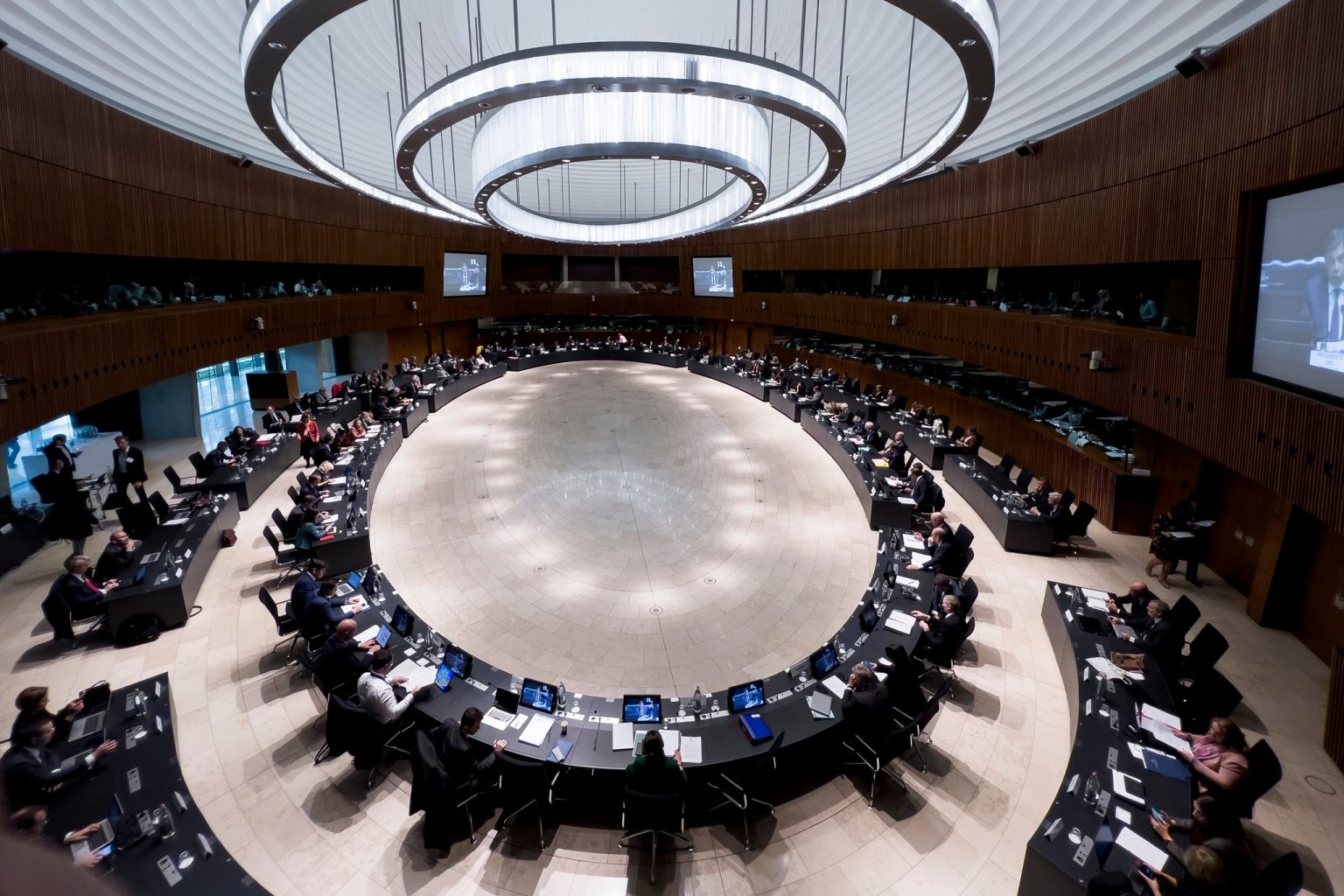
A new European Parenthood Certificate was approved by the European Union Parliament on Dec. 14, which included the recognition of same-sex parents. With 366 votes against 145 and 23 abstentions, MEPs backed draft legislation to ensure that, when parenthood is established by an EU country, the rest of the member states will recognize it.
The aim is to make sure that children enjoy the same rights under national law regarding education, healthcare, custody or succession.
When it comes to establishment of parenthood at national level, member states will be able to decide whether to, for example, accept surrogacy, but they will be required to recognize parenthood established by another EU country irrespective of how the child was conceived, born or the type of family it has.
Member states will have the option not to recognize parenthood if manifestly incompatible with their public policy, although this will only be possible in strictly defined cases. Each case will have to be considered individually to ensure there is no discrimination (i.e. against children of same sex parents.)
“No child should be discriminated against because of the family they belong to or the way they were born. Currently, children may lose their parents, legally speaking, when they enter another member state. This is unacceptable. With this vote, we come closer to the goal of ensuring that if you are a parent in one member state, you are a parent in all member states,” said lead MEP Maria-Manuel Leitão-Marques (Portugal) following the vote.
Two million children may currently face a situation in which their parents are not recognized as such in another member state. While EU law already requires parenthood to be recognized under a child’s EU rights, this is not the case for the child’s rights under national law.
Parliament called for cross-border recognition of adoptions in 2017 and welcomed the commission’s initiative in its 2022 resolution. The commission proposal for a regulation aims to close the existing loopholes and ensure that all children can enjoy the same rights in each member state.
NORWAY
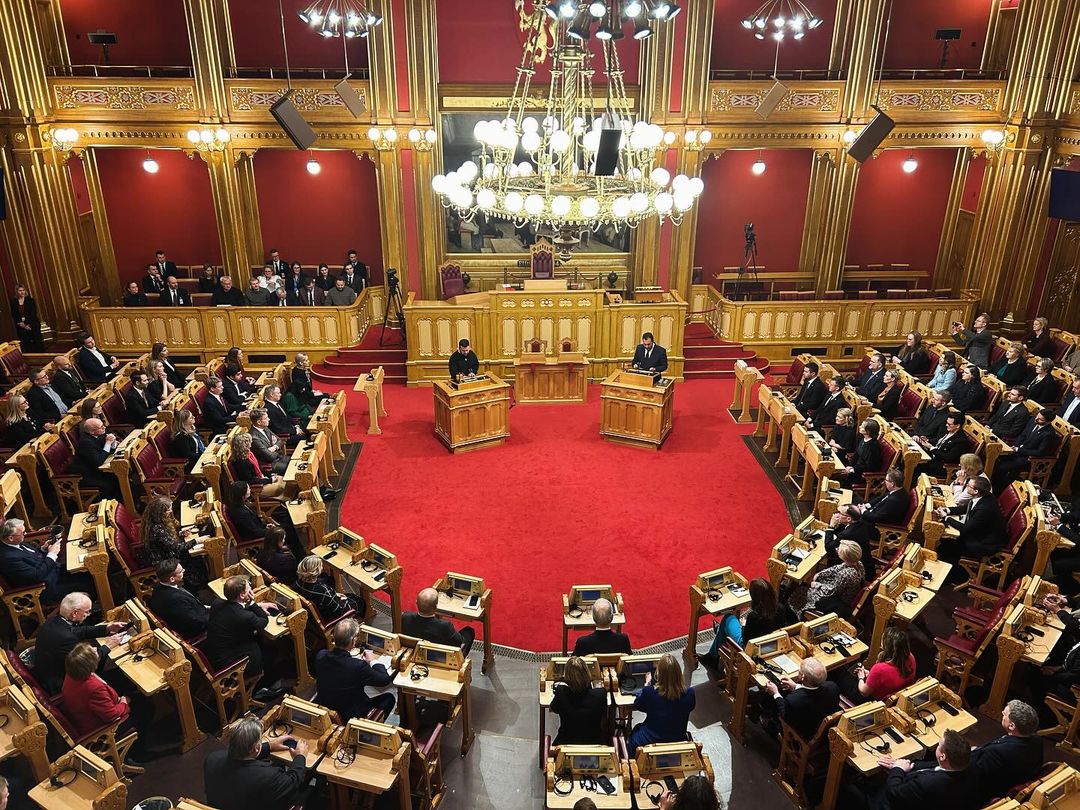
The Norwegian Parliament on Dec. 12 approved a law that would make the practice of conversion therapy illegal and a criminal offense. In the 85-15 vote, lawmakers codified the bill first introduced in June 2019 by Justice and Emergency Minister Emilie Enger Mehl and Culture and Equality Minister Anette Trettebergstuen.
The law will make it a criminal offense to try to get others to change their sexual orientation or gender identity through, among other things, medical, alternative medicine or religious methods.
The penalty will be three years’ imprisonment, or six years in more serious cases.
In a statement released by her office, Åse Kristin Ask Bakke, the elected representative to the Parliament from the constituency of Møre og Romsdal said: “We are finally putting an end to this harmful practice that has been going on for far too long. This is a historic day.”
Hilde Arntsen, the executive director of the Norwegian nonprofit FRI, the Association for Gender and Sexuality Diversity, an LGBTQ rights advocacy group, said in a statement: “Many queers have experienced painful and harmful attempts to change our identity through growing up and adulthood. Now, through a strong political majority, Norway has decided that attempts to change queer identity are unacceptable. Being queer is not a condition that requires therapy. We should be allowed to be in peace as who we are, and it is now illegal for anyone to try to change us.”
RUSSIA
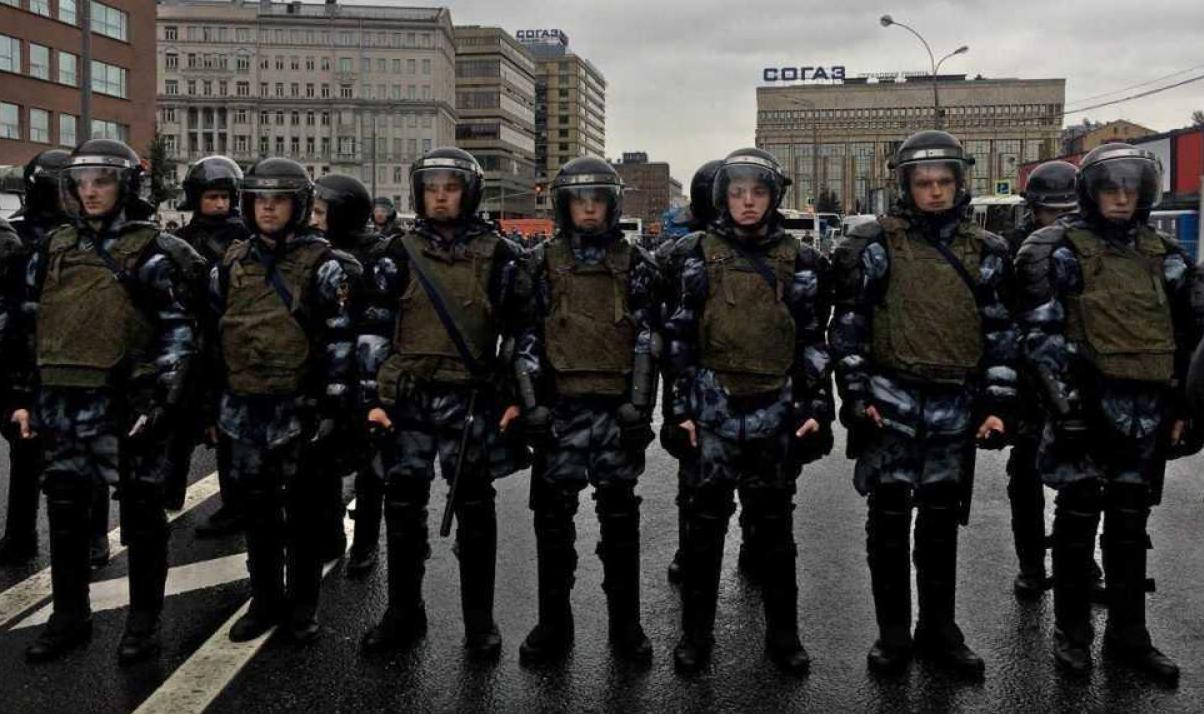
Less than a month after the Russian Supreme Court ruled that “the international LGBT social movement,” of which there is no legal entity, Russia’s elite special police force known as the OMON raided several gay clubs in the nation including the Ural regional capital city of Yekaterinburg as well as Moscow and St. Petersburg.
Russian media and Radio Free Europe/RL’s Russian Service reported that OMON raided the gay club Fame on the night of Dec. 10 in Yekaterinburg, detaining more than 100 people who were attending a theme party in the club. Authorities said the raid was prompted by reports from “concerned citizens” that the club was selling illicit alcohol and tobacco products.
Local media outlets report that of the people were detained at the club, all of them were released after their documents were checked.
POLAND
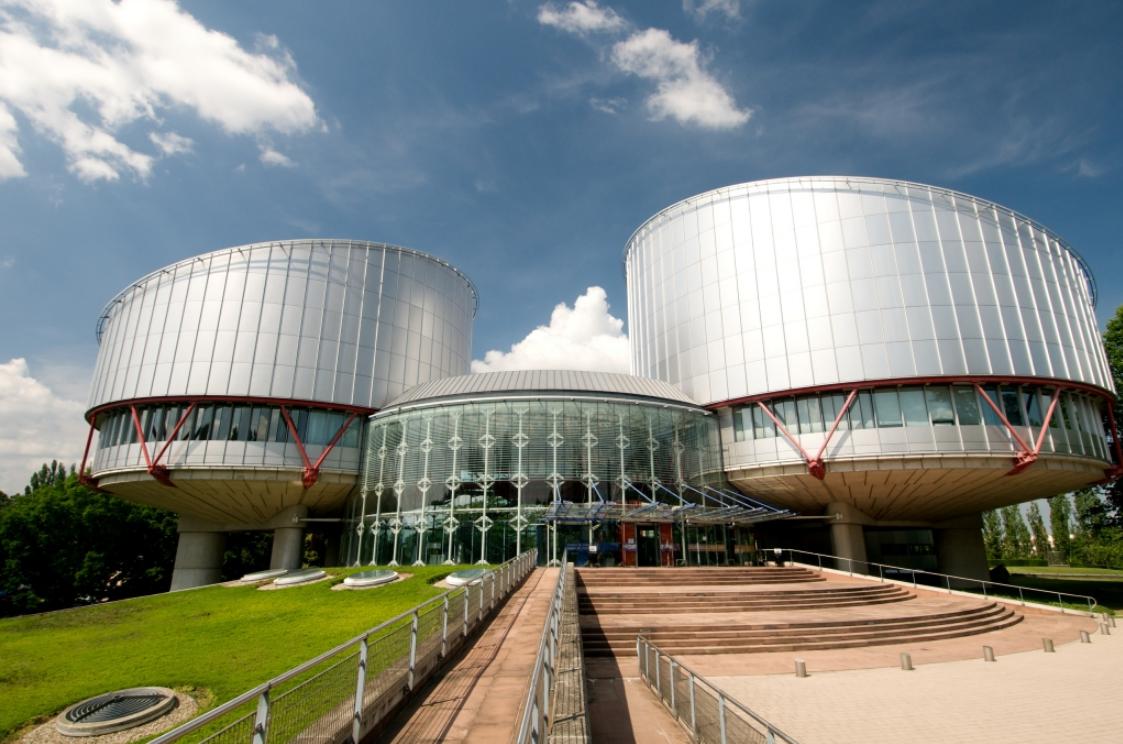
The European Court of Human Rights issued a ruling in a lawsuit brought by five Polish gay and lesbian couples that stated that the Polish government’s lack of legal recognition and protection for same-sex couples violated their human rights.
Polish national news outlet Dziennik Gazeta Prawna reported the ECHR rejected the Polish government’s arguments, which included that traditional marriage is part of Poland’s heritage, and found that “the Polish state had failed to comply with its duty to ensure a specific legal framework providing for the recognition and protection of same-sex unions.”
In its ruling ECHR, the court stressed the states signatory to the European Convention on Human Rights should “create a legal framework enabling people of the same sex enjoy the recognition and appropriate protection of their relationship through marriage or another form of union.”
In 2022, the Supreme Administrative Court ruled that same-sex marriages of Polish citizens legally married in other countries were not expressly forbidden under the country’s constitution.
Article 18 of the constitution states: “marriage as a union of a man and a woman, family, motherhood and parenthood are under the protection and care of the Republic of Poland.”
“Article 18 of the constitution cannot in itself constitute an obstacle to transcribing a foreign marriage certificate if the institution of marriage as a union of persons of the same sex was provided for in the domestic [legal] order,” the court ruled.
“The provision of the constitution in question does not prohibit the statutory regulation of same-sex unions,” said the court, adding that it was simply the case that “at present the Polish legislature has not decided to introduce such solutions” into Polish law.
According to Polish newspaper Gazeta Wyborcza, Poland is one of only six EU member states where same-sex couples cannot marry or register a civil partnership.
The majority of Polish people support LGBTQ rights surrounding marriage and family, according to research by Miłość Nie Wyklucza (Love Does Not Exclude.)
“It took a long time, definitely too long,” Grzegorz Lepianka, one of those who brought the case against Poland, told the Dziennik Gazeta Prawna. “But I finally have some hope for real and truly good changes.”
Judgment Przybyszewska v. Poland – Lack of any form of legal recognition and protection for same-sex couples in Poland breaches the Conventionhttps://t.co/VPRGyyFanL#ECHR #CEDH #ECHRpress pic.twitter.com/0XIOkBkTwO
— ECHR CEDH (@ECHR_CEDH) December 12, 2023
Before the judgment in the case of the five Polish couples, the ECHR had already ruled in similar cases against Italy, Russia, Romania and Bulgaria. The judgment in Italy had a real impact on the situation of same-sex couples, because civil partnerships were introduced shortly after it.
SWITZERLAND
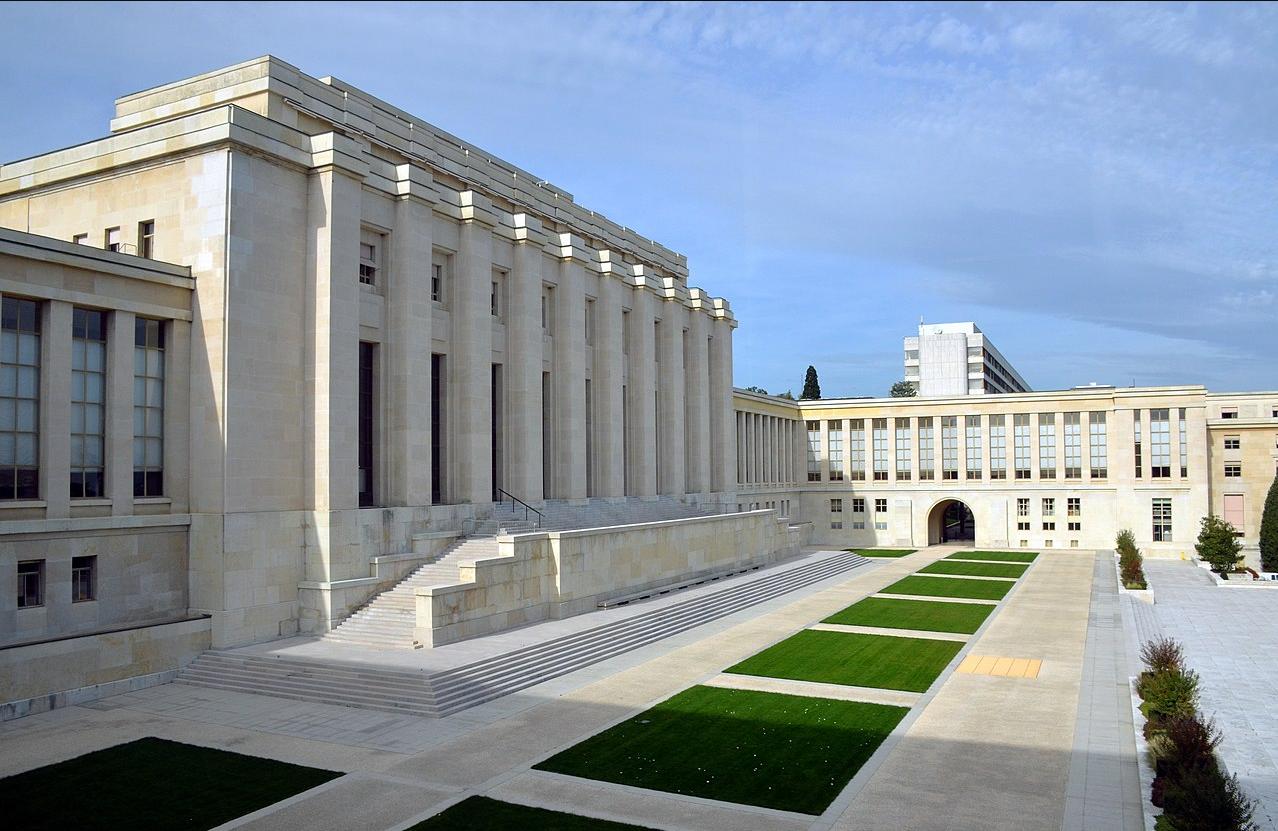
The first edition of the Intersex Legal Mapping Report published by ILGA World found that a large majority of U.N. member states have yet to make any sufficient legal attempt to protect intersex people’s right to bodily integrity and autonomy.
The report features an overview of how each of the 193 UN member states is faring regarding the protection of the human rights of intersex people.
The study is a ground-breaking global survey on legal protections for people born with variations in sex characteristics. Intersex people are born with variations of sex characteristics, such as genitals, reproductive organs, hormonal and chromosomal patterns, that are more diverse than stereotypical definitions of male or female bodies.
Up to 1.7 percent of the global population is born with such traits; yet, because their bodies are seen as different, intersex children and adults are often stigmatized and subject to harmful practices – including in medical settings – and discriminated against.
“As of July 2023, only six UN member states adopted laws prohibiting unnecessary medical treatments, surgeries, and other interventions modifying the sex characteristics of intersex minors without their free, prior, and fully informed consent,” said Crystal Hendricks, chair of ILGA World’s Intersex Committee. “This striking dearth of legal protection is still a reality despite the unanimous, systematic, and urgent calls of intersex civil society and international human rights bodies. And yet, current positive trends give us reasons for hope.”
ILGA World’s Intersex Legal Mapping Report documents how the past 15 years have seen a rapid increase in legal developments emerging to improve the situation of intersex individuals. As of July 2023, seven UN member states had introduced national legislation prohibiting discrimination on the grounds of sex characteristics; five states adopted legal provisions on liability for offenses committed on the same grounds and seven introduced other legal norms aiming to improve intersex people’s equal enjoyment of their human rights. In addition, there is a growing number of national and subnational legal developments aimed at addressing the needs of the intersex community.
JAPAN

Earlier this month one of Japan’s largest publishing companies announced that it was cancelling publication of the Japanese version of Abigail Shrier’s anti-transgender book, Irreversible Damage: The Transgender Craze Seducing Our Daughters.
The Tokyo-based Kadokawa Corporation said in a statement that the translated book could ultimately end up causing harm to people “directly involved with the Japanese trans community.” The Japanese book’s title would translate as “that girl’s become transgender, too: The tragedy of the sex-change craze being contagious through social media.”
“We planned to publish the translation, hoping it would help readers in Japan deepen their discussions about gender through what is happening in Europe and the United States as well as other matters,” Kadokawa said.
“But the title and sales copy ended up causing harm to people directly involved” in transgender issues, the company said. “We sincerely apologize for it.”
PinkNewsUK reported that on X, formerly Twitter, there was a huge backlash against Kadokawa’s initial promotion of the book. Trans rights advocates planned a protest outside the publisher’s corporate headquarters in Tokyo, a move that has now been cancelled.
After the decision, one social media user wrote that while it was good that the book had been pulled, they worried that “future measures” to prevent similar incidents remain “unclear and unsatisfactory” so couldn’t be sure if Kadokawa’s apology to the trans community was genuine.
Shrier, an opinion writer for The Wall Street Journal, took to X to share her displeasure that the “very nice” publisher had caved in PinkNewsUK added.
“By caving to an activist-led campaign against Irreversible Damage, they embolden the forces of censorship,” she wrote. “America has much to learn from Japan, but we can teach them how to deal with censorious cry-bullies.”
Additional reporting from Bergens Tidende, Agence France-Presse, the BBC, Radio Free Europe, Dziennik Gazeta Prawna, ILGA, PinkNewsUK and the Japan Times.
World
Out in the World: LGBTQ news from Europe and Asia
Latvia’s civil unions law took effect Monday

LATVIA
Latvia’s law allowing same-sex couples to form civil unions came into effect Monday, and the first queer couples have already registered their unions in the Baltic nation.
Maksims Ringo and Janis Locs were the first same-sex couple to register their civil union. They did so in a ceremony at a legal office in the capital, Riga, where they exchanged silver rings, stating that they were saving gold rings for a date when Latvia legalizes same-sex marriage.
“I feel excited, kind of emotional about it as well because it is a really big step and not only for us, for the country itself. And being first, it’s all the publicity that comes with it as well. It kind of is a bit, I would say, a bit stressful, but at the same time I feel happy that we can finally do it,” Locs told Reuters.
Latvia amended its constitution to ban same-sex marriage in 2005, but in 2020, the Constitutional Court ruled that the state must give same-sex couples the same benefits that straight married couples have. In 2022, a deadline imposed by the court lapsed, and couples began applying to the courts to have their relationships recognized.
Last year, the Latvian parliament finally passed a law formalizing same-sex civil unions, but the compromise legislation has frustrated some LGBTQ activists in the country as it leaves out key rights demanded by same-sex couples. Latvia’s civil unions do not allow couples to adopt children, nor do they get key inheritance rights, they’re concluded at a notary office instead of at the civil registry, and the government still will not recognize foreign same-sex marriages.
The bill was also bitterly opposed by conservative, anti-LGBTQ groups. They attempted to force a referendum to block the bill but were unable to come up with the required signatures before the legal deadline.
With legal civil unions in Latvia, all but five EU countries recognize some form of same-sex union: Lithuania, Poland, Slovakia, Bulgaria, and Romania.
In neighboring Lithuania, a civil union bill awaits a final vote in parliament but has stalled amid infighting between liberal and conservative factions of the coalition government. This week, the liberal faction threatened to block the appointment of a European commissioner unless the conservatives agreed to pass the bill.
In Poland, the governing coalition appears to have finally agreed to pass a civil union bill, albeit one that has been watered down significantly. The resulting bill will not allow any adoption rights, nor a common surname, and will be concluded by notaries and without a ceremony rather than civil registries. The government hopes to bring the bill forward this month.
The European Court of Human Rights has ruled that all member states must provide some form of civil union to same-sex couples to be in compliance with the nondiscrimination and family rights guaranteed by the European Convention on Human Rights.
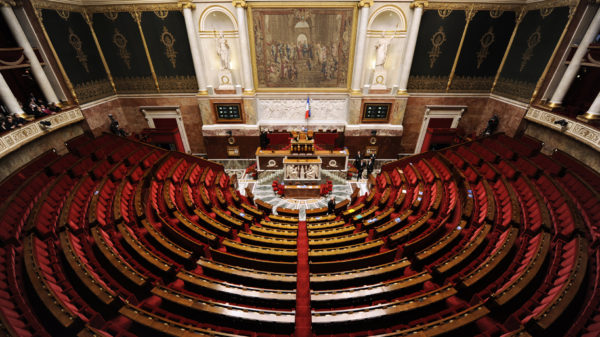
FRANCE
Voters gave a big boost to the far-right National Rally party in Sunday’s first-round parliamentary elections, with the Rally taking 33 percent of the vote, while the left-wing New Popular Front took 28 percent, and President Emmanuel Macron’s centrist Together bloc took 21 percent.
Parties are now jockeying for voter support in the second round, and NPF and Together have begun discussions at mutual endorsements to block the National Rally.
In France’s system, if no candidate in a given district wins 50 percent of the vote, the top two vote-getters, and any candidate who gets at least 12.5 percent of registered voters advances to the second round, which is decided by plurality vote. Because of higher-than-usual turnout of 67 percent, there are a large number of three-way races in the second round — over 300 according to official results, when the previous record was 76.
The left-wing NPF has announced it will withdraw any candidates who advanced and placed third on the ballot, in order to create a “republican front” against the National Rally. While Macron has not made a formal statement on withdrawing third-place candidates, his prime minister, Gabriel Attal, has called on third-place candidates to step aside.
The National Rally has a long history of campaigning against LGBTQ rights but has not made that central to its program in this election, where it has focused on pocketbook issues and rejection of immigration. The National Rally has long opposed same-sex marriage, and its current leader has campaigned and voted against allowing lesbians to access IVF and supports a bill to ban gender care for minors.
Several reports have emerged of National Rally supporters committing homophobic attacks in France.
A group of National Rally supporters allegedly attacked a gay teenager in Paris after the results of last month’s European Parliament elections were announced and National Rally was shown to win the largest number of sets. They were reported to have shouted “You’ll see when Bardella is in power and Hitler comes back!” and “In three weeks, we will be able to smash up f*gs as much as we like. I can’t wait.” The attackers were arrested.
GEORGIA
A package of extreme anti-LGBTQ bills sailed through first reading in the Georgian parliament on a 78-0 vote that was boycotted by most of the country’s opposition parties.
Georgia has been rocked by protests since the governing Georgian Dream party introduced a passed a “foreign agents” law, which requires any organization that receives funding from out of the country to register with the government as a foreign agent. The law was inspired by a similar law in Russia and was designed to undermine opposition groups, media, and nongovernmental organizations that are often critical of the government.
The anti-LGBTQ bills are an extreme package of legislation that was also inspired by Russia. The bills ban recognition of any same-sex relationships, forbid recognition of gender other than birth sex, forbid any medical treatment for gender change, and criminalize any advocacy for LGBTQ rights. The government says it hopes to pass the legislation by the fall ahead of national elections in October.
The bills are also designed to undermine the opposition, by forcing them to defend LGBTQ rights, which remain deeply controversial in the conservative Christian country. Opposition leaders have also made it clear that their boycott of the bill does not mean they support LGBTQ rights.
Both the anti-LGBTQ bills and the foreign agents bill have put the country on a collision course with the EU, which it has expressed a desire to join, and which granted it candidate status last year.
EU accession is very popular among the Georgian public, but the Georgian Dream party is more closely aligned with Russia, and frequently demonizes the EU by equating its values with LGBTQ rights.
Last week, EU candidates Moldova and Ukraine opened formal negotiations to join the bloc, although it is expected that it will be many years before membership is granted.
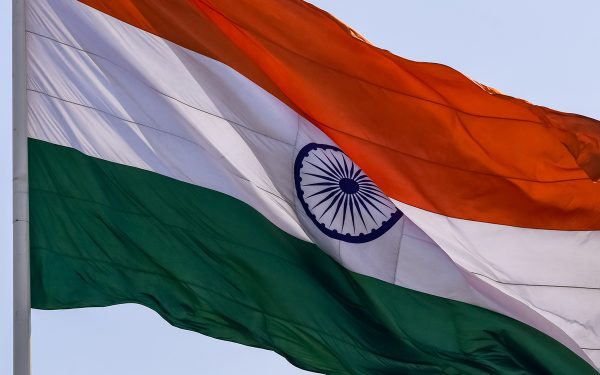
INDIA
The high court of India’s Kerala state upheld the right of LGBTQ people to live autonomously, as it rejected a petition from the parents of a 23-year-old who sought to have their daughter committed to a mental institution to “treat her sexual orientation.”
The young woman had fled her family and was living with her partner, a transgender man. Her family members repeatedly attempted to violently abduct her from her new home.
The court ruled that the woman has a right to live her life on her own terms and that sexual orientation is an innate part of a person’s identity.
The court also directed the parents to hand over all of their daughter’s personal documents, which they had been withholding, in an attempt to force her to return to them, and the court warned the family against committing violence against her.
Same-sex relationships are not illegal in India, although last year the Indian Supreme Court ruled that the government does not have to recognize same-sex marriage, leaving that question to parliament.
HONG KONG
Ten same-sex couples from Hong Kong were legally married in the U.S. over the internet this week, in a mass ceremony to celebrate Pride week.
The 10 couples took advantage of a program available through the state of Utah, which allows people to get married via an internet ceremony.
Utah has become a go-to destination for same-sex couples seeking to get married even though they live in countries that don’t recognize same-sex marriage. Utah allows couples to get married even if they’re not physically present in the state, while most states require couples to at least be present, if not resident in the state.
Hong Kong does not currently allow same-sex marriage, although last year its Court of Final Appeal ruled that the local government should offer some form of relationship recognition to same-sex couples within two years. That deadline comes up next September.
“In Hong Kong, there’s not yet a way to go to a marriage registry to get married, but there’s still this way we can offer for them to realize their dreams of getting married,” wedding organizer Kurt Tung told the Associated Press.
Canada
Toronto Pride parade cancelled after pro-Palestinian protesters disrupt it
Protest took place more than three hours after it began

Toronto Pride parade organizers on Sunday cancelled the annual event after a group of pro-Palestinian protesters disrupted it.
Media reports indicate more than two dozen protesters blocked the parade near the intersection of Yonge and Wellesley Streets, and chanted “from the river to the sea” and “Pride was a riot.”
The pro-Palestinian protestors that brought the Toronto Pride Parade to a stop chant the genocidal “From the river to the sea” slogan as they continue to block the parade’s path.
Footage by @BethBaisch pic.twitter.com/SMldTpLFvk
— The Post Millennial (@TPostMillennial) June 30, 2024
The Toronto Star reported the protesters disrupted the parade at around 5:30 p.m., more than three hours after it began. Toronto Pride around 45 minutes later announced the parade’s cancellation.
“Today, we made the decision to cancel the remainder of the Pride Parade out of our commitment to ensuring public safety,” they said in a statement. “While we deeply respect and uphold everyone’s right to peacefully protest, our foremost priority is the well-being of all participants and spectators.”
“We recognize the Pride parade as a highly anticipated event that many organizations and individuals eagerly prepare for,” it added. “We empathize with those who were looking forward to participating and regret any inconvenience caused by this decision.”
The Coalition Against Pinkwashing organized the protest.
Protesters disrupt NYC Pride parade
This year’s Pride Month took place eight months after Hamas launched its surprise attack against southern Israel.
The Israeli government says Hamas militants killed roughly 1,200 people on Oct. 7, 2023, including at least 260 partygoers and others at the Nova Music Festival. The Israeli government says upwards of 80 people who were taken hostage on Oct. 7 remain alive in the Gaza Strip.
The Hamas-controlled Gaza Health Ministry says more than 35,000 people have died in the enclave since the war began. The National LGBTQ Task Force and Outright International are among the groups that have called for a ceasefire.
The New York Daily News reported the New York Police Department on Sunday arrested 10 pro-Palestinian protesters who disrupted the city’s annual Pride parade near the Stonewall Inn. The newspaper said those who the NYPD took into custody, among other things, threw red paint onto a pickup truck inside police barricades.
The Telegraph on Saturday reported London police arrested more than 30 pro-Palestinian activists to prevent them from disrupting the city’s annual Pride parade that took place on the same day.
A Wider Bridge, a group that “advocates for justice, counters LGBTQphobia, and fights antisemitism and other forms of hatred,” last month called upon Pride organizers to ensure Jewish can safely participate in their events.
Africa
Lesbian South African MP named to country’s new Cabinet
Steve Letsike won a seat in the National Assembly on May 29
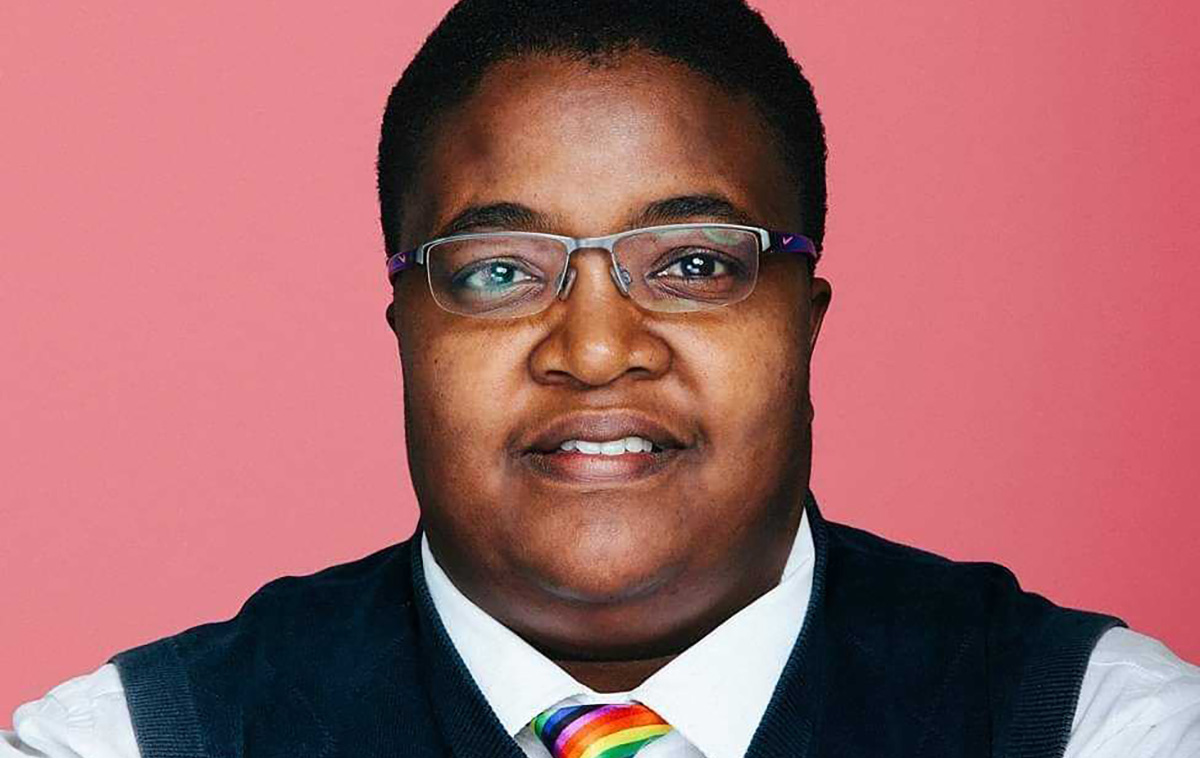
South African President Cyril Ramaphosa on Sunday appointed lesbian MP Steve Letsike to his Cabinet.
Letsike, founder of Access Chapter 2, a South African advocacy group who is a member of the African National Congress that Ramaphosa leads, will be the country’s deputy minister of women, youth, and people with disabilities.
Letsike won a seat in the South African National Assembly in national and provincial elections that took place on May 29.
The ANC lost its parliamentary majority that it had had since Nelson Mandela in 1994 won the South African presidency in the country’s first post-apartheid elections. Ramaphosa on Sunday announced Letsike and other new Cabinet members after the ANC and nine other parties agreed to form a National Unity Government.
The Washington Blade has reached out to Letsike for comment.
-

 Canada1 day ago
Canada1 day agoToronto Pride parade cancelled after pro-Palestinian protesters disrupt it
-

 Theater5 days ago
Theater5 days agoStephen Mark Lukas makes sublime turn in ‘Funny Girl’
-

 Baltimore3 days ago
Baltimore3 days agoDespite record crowds, Baltimore Pride’s LGBTQ critics say organizers dropped the ball
-

 Sports4 days ago
Sports4 days agoHaters troll official Olympics Instagram for celebrating gay athlete and boyfriend








